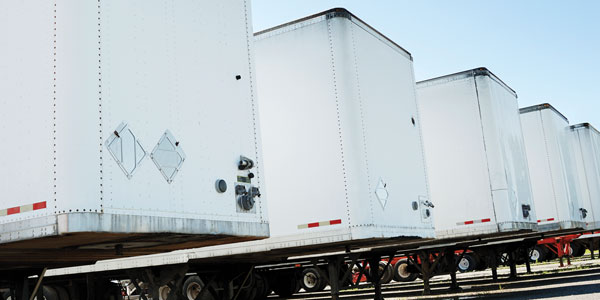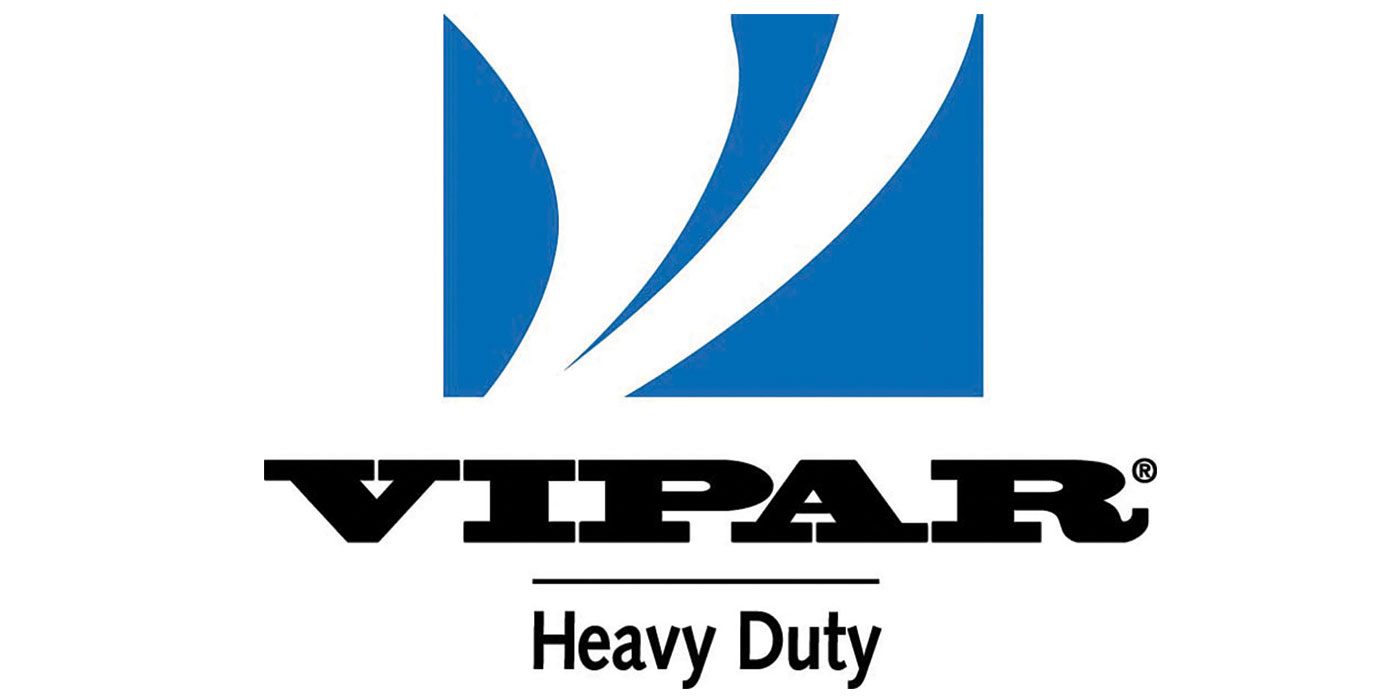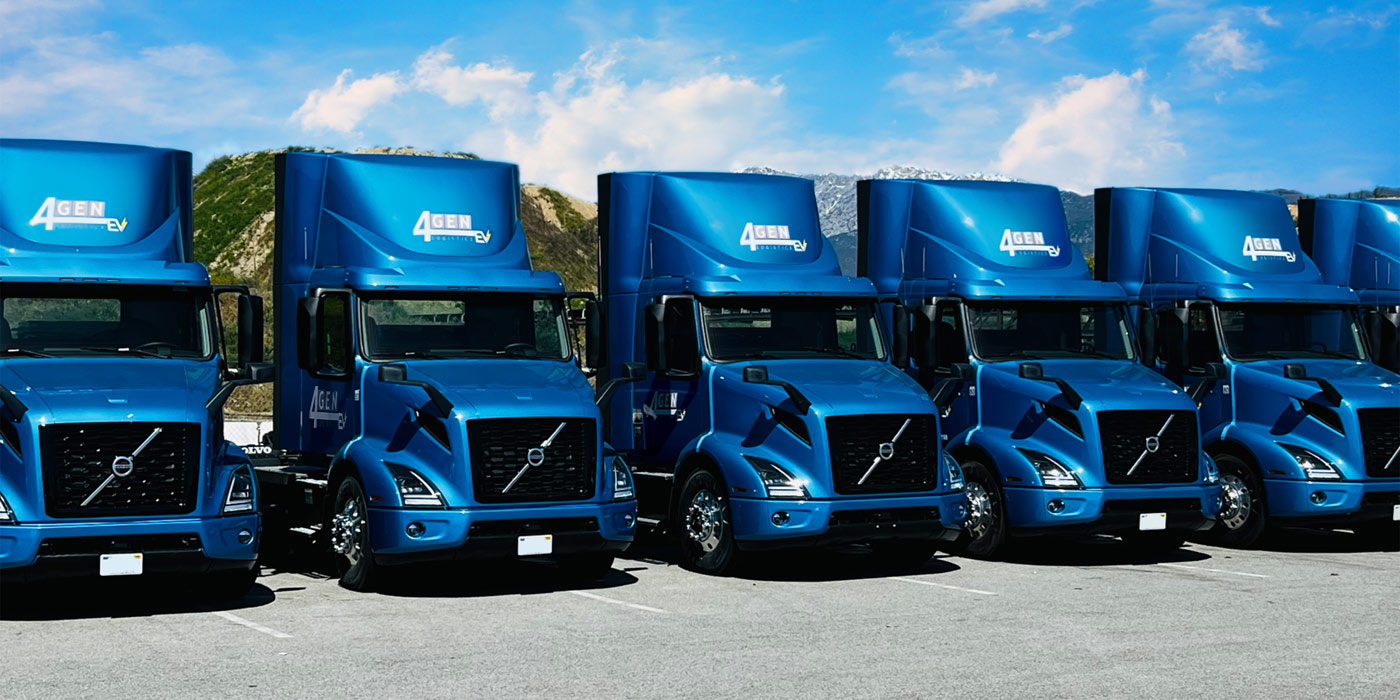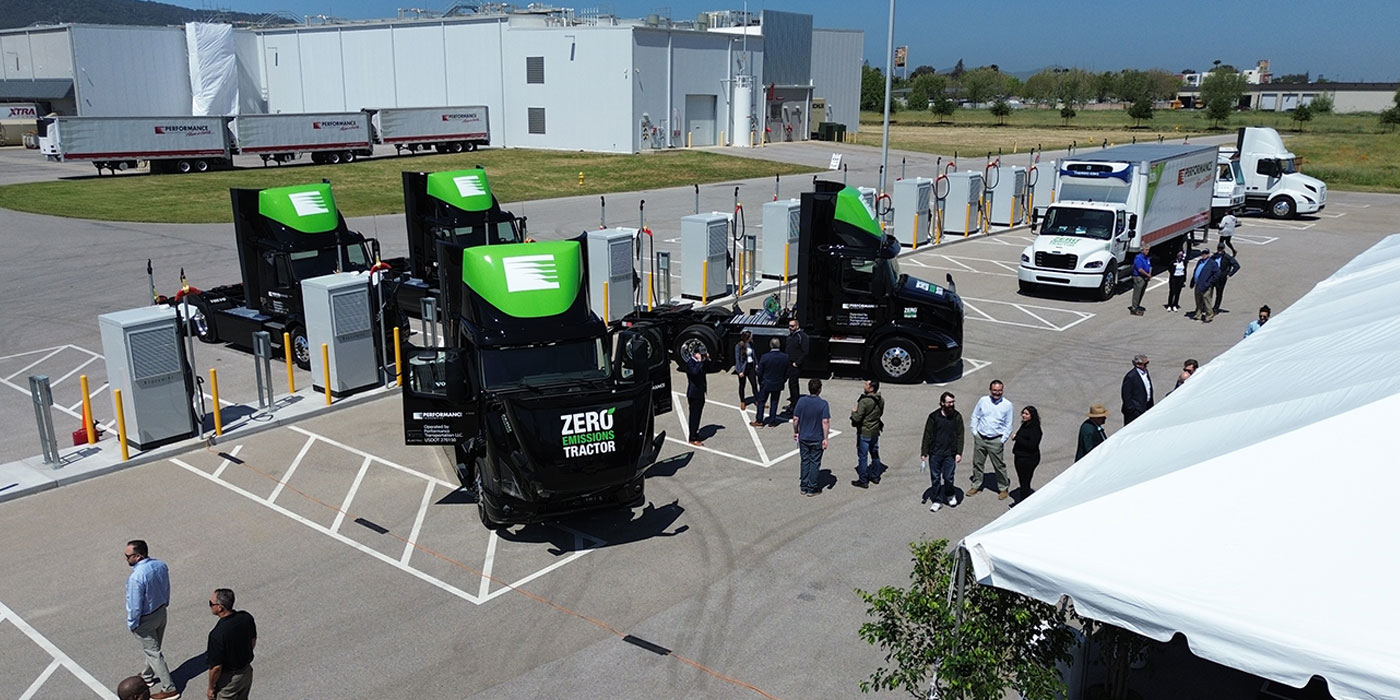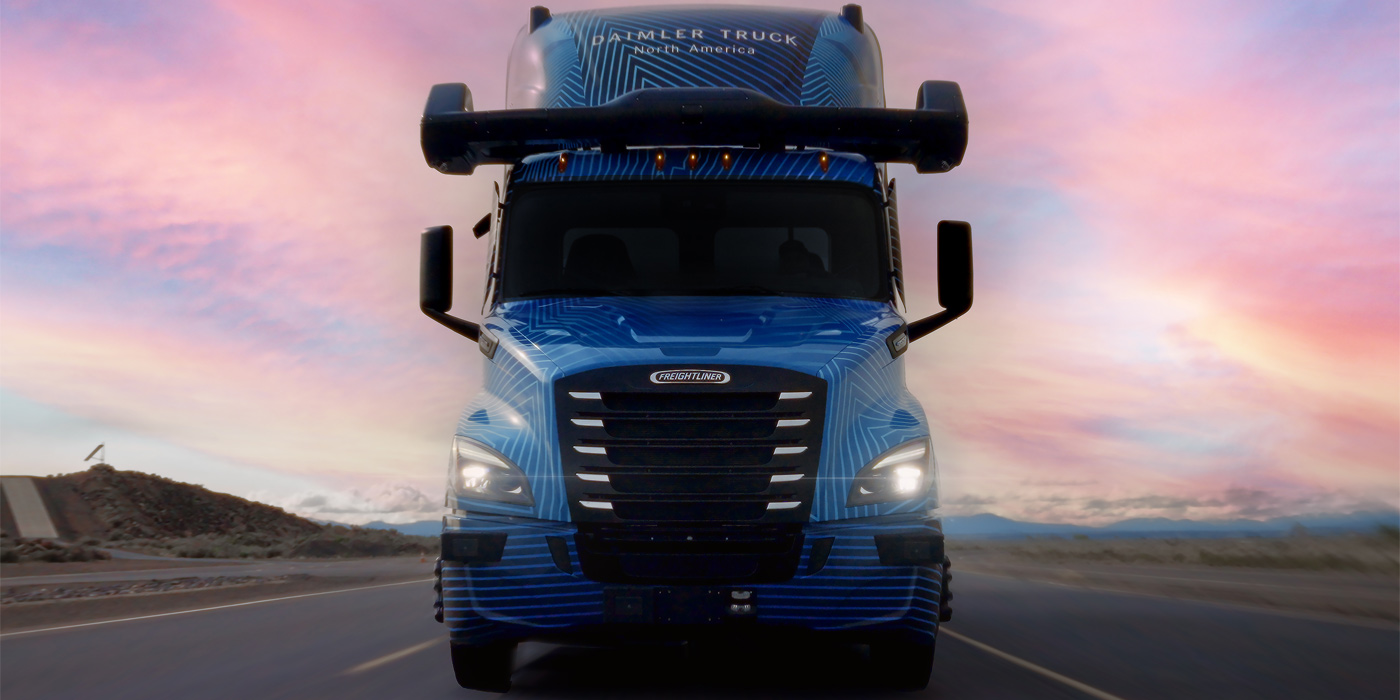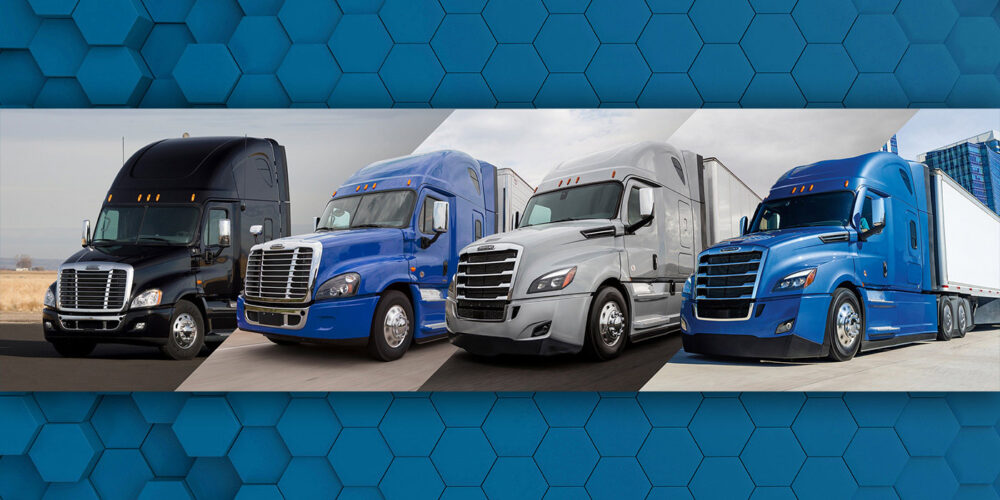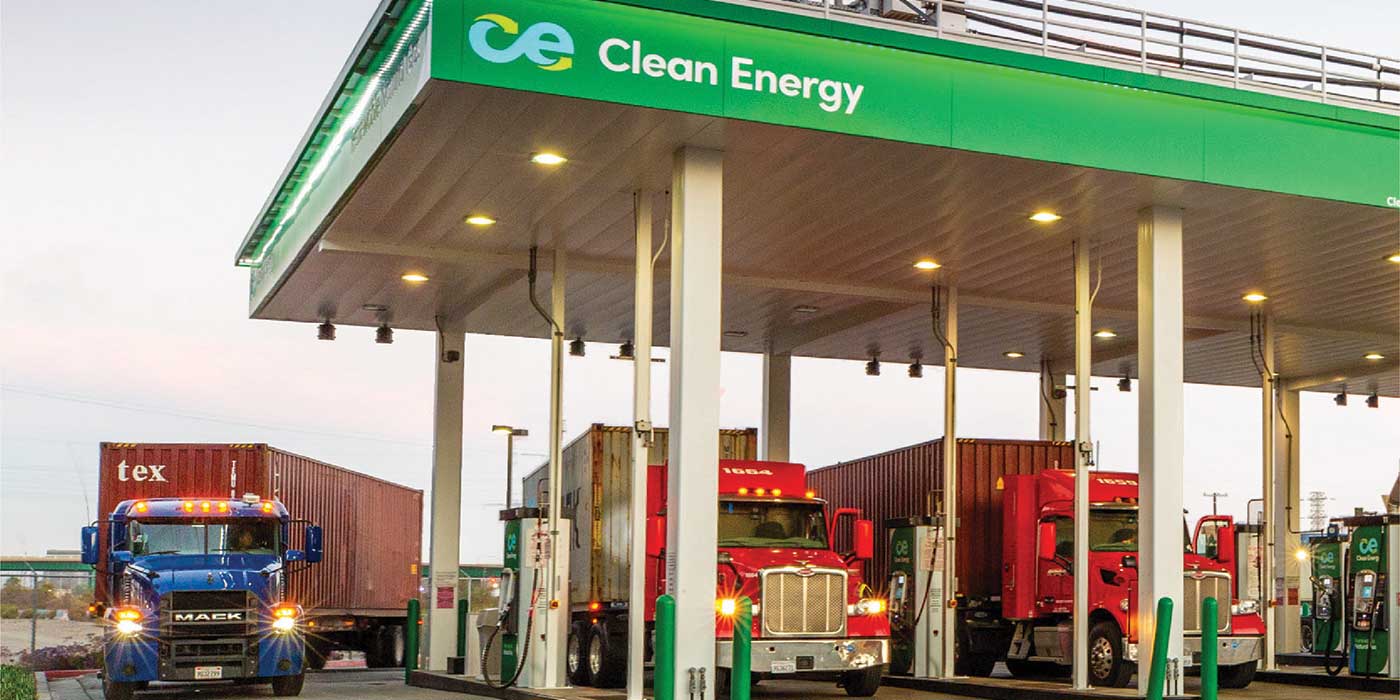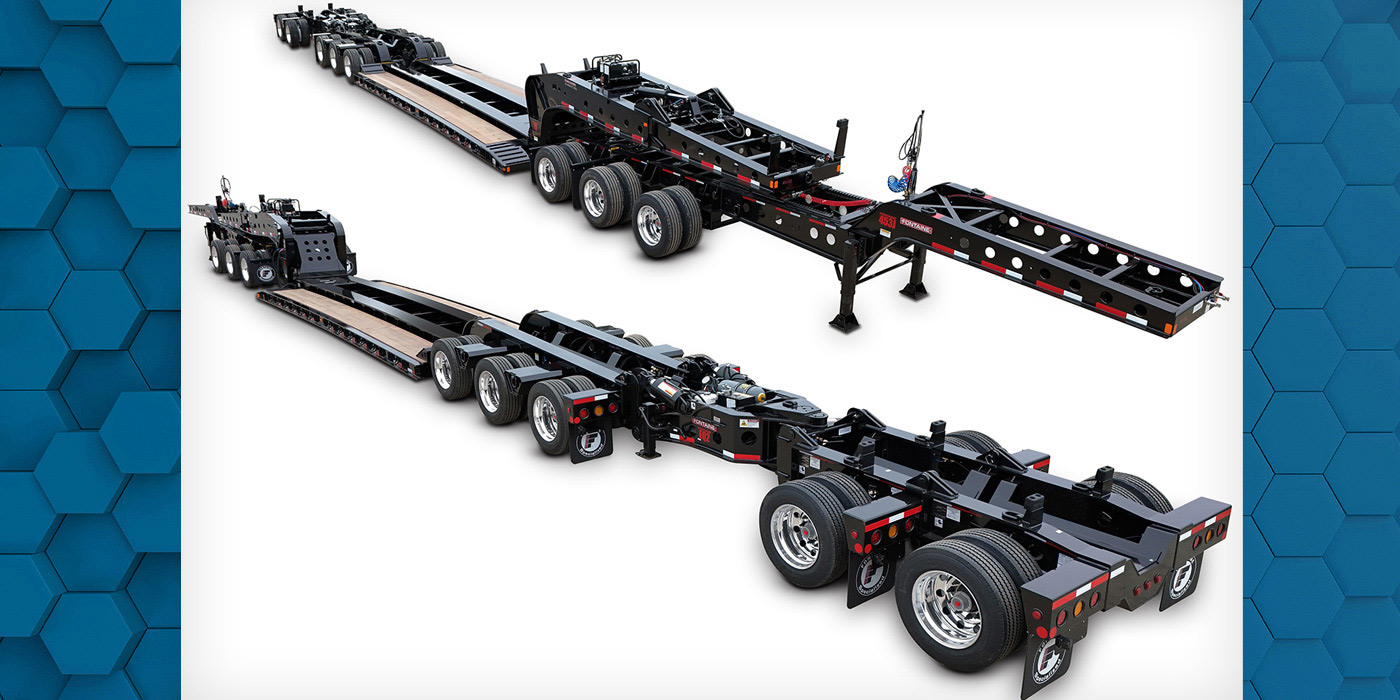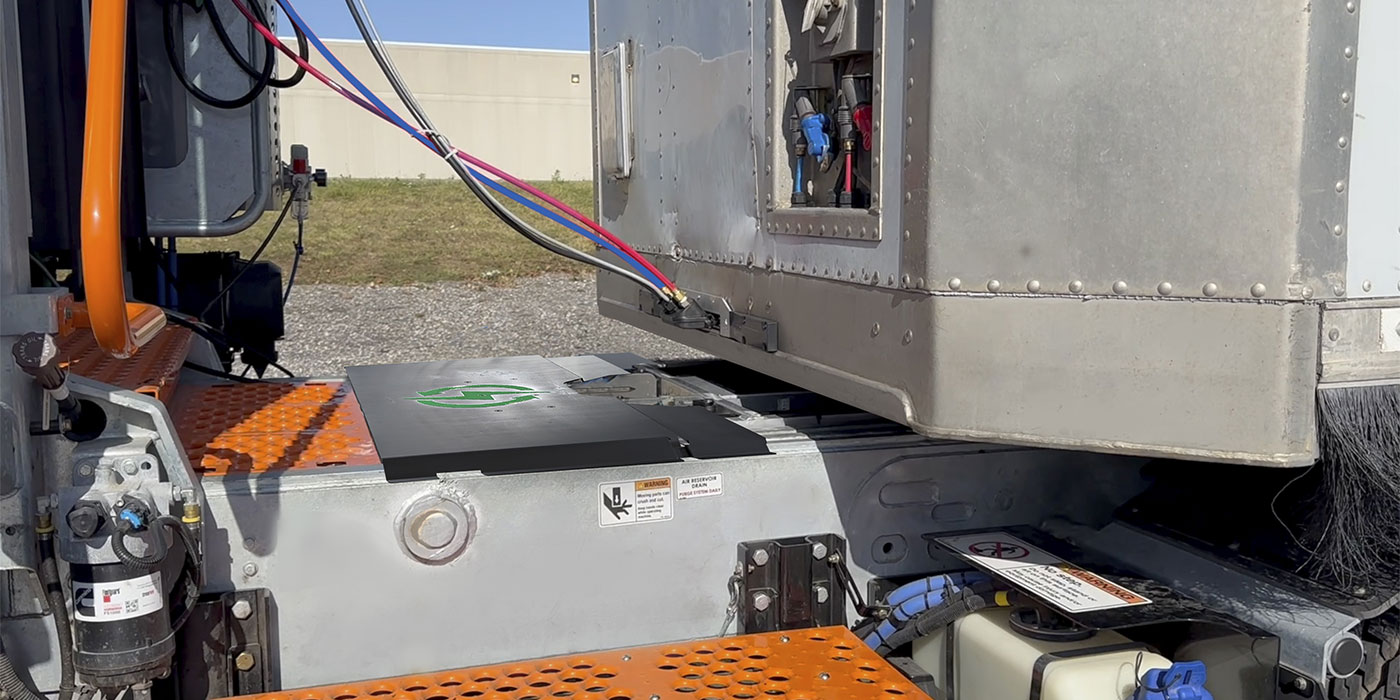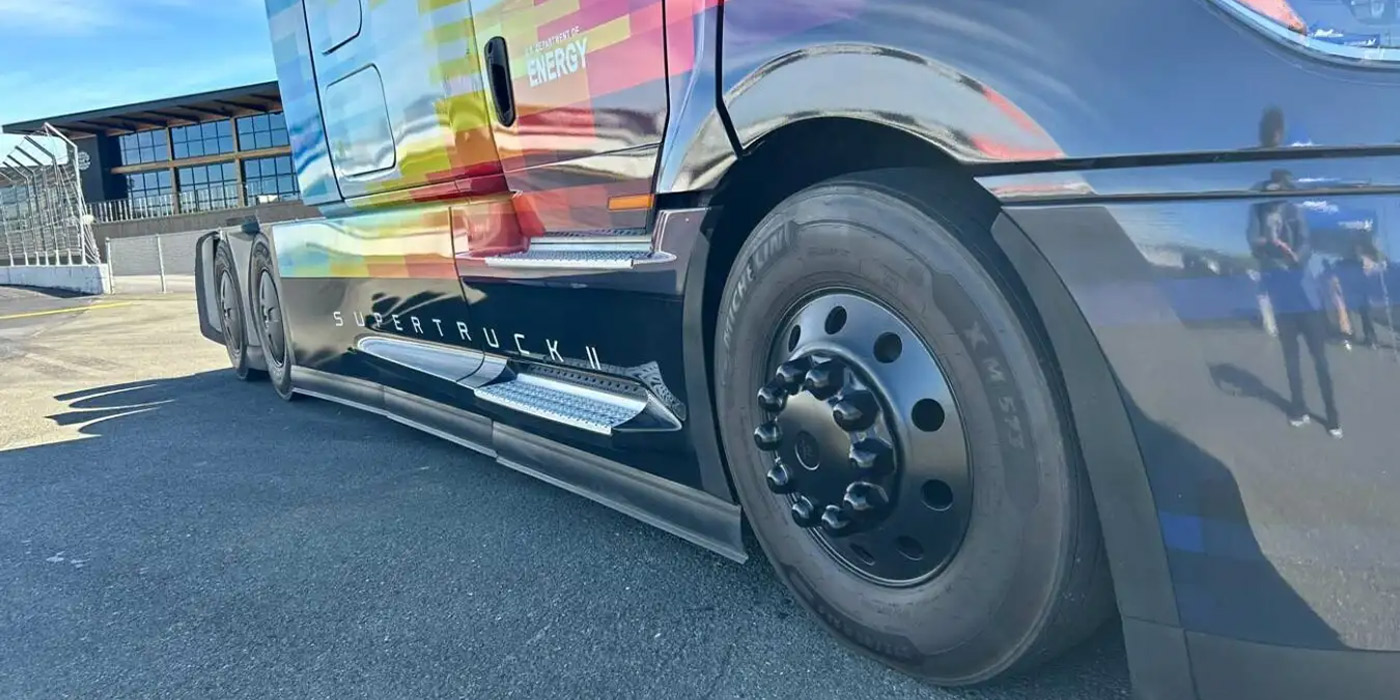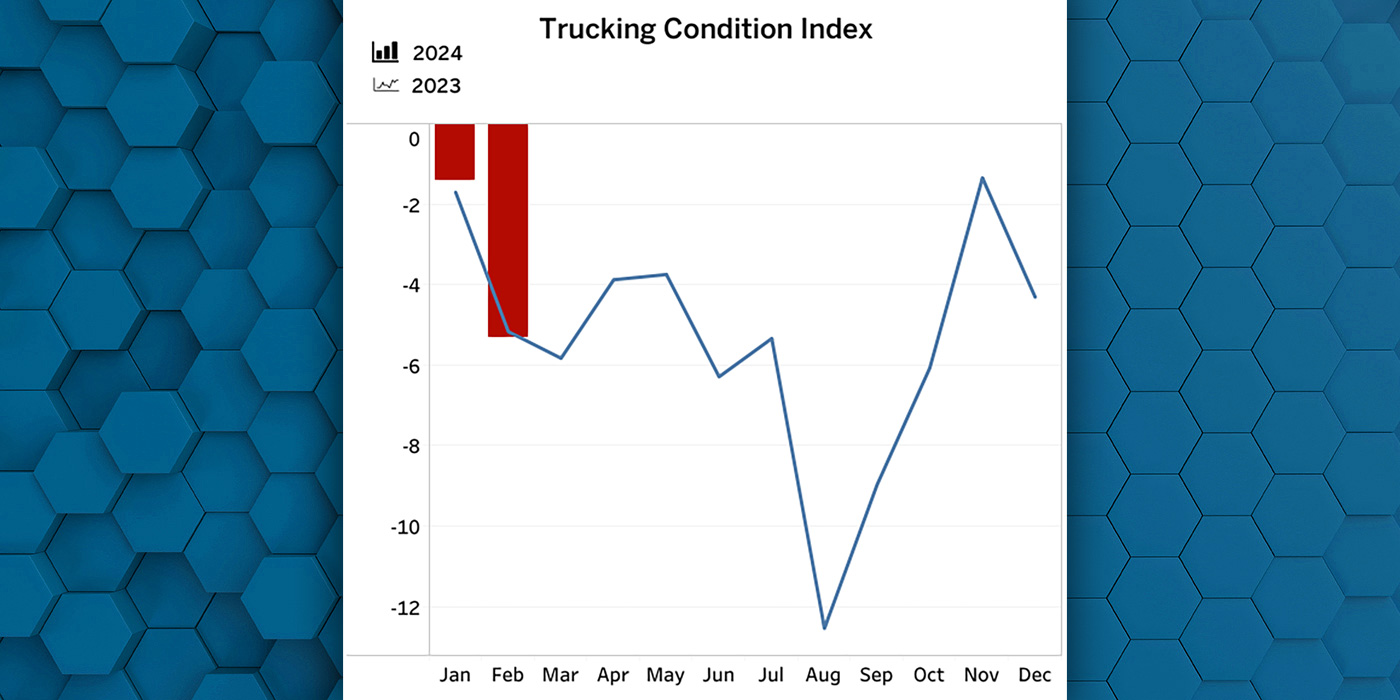FTR reports that preliminary trailer orders bounced back in August to 15,100 units, which is up 79% from July, but still down 47% year-over-year. Trailers orders for the past twelve months now total 341,000 units. During August, a few OEMs began limited bookings for 2022. Fleets are eager to lock up prime 2022 build slots; however, OEMs continue to be careful in managing order scheduling. OEMs will not be able to build all the orders wanted in 2021. These orders will roll into the first quarter of 2022. This and the uncertain supply chain make it difficult for trailer builders to slot orders and plan production for next year, FTR says.
“The disruptions in the supply chain have disrupted production in 2021 and are now delaying order placements in 2022,” said Don Ake, FTR vice president of commercial vehicles. “OEMs do not know when they will be able to ramp up production, so a tremendous amount of uncertainty exists. The supply chain is expected to remain clogged for several more months and then improve at a gradual level throughout the first half of next year.
“There is enormous demand for new trailers in 2022. OEMs are not producing enough trailers in 2021, so pent-up demand grows every month,” he continued. “Freight growth is expected to be robust, rolling into next year. Fleets are desperate for more new trailers today, and they perceive an even greater need next year. When OEMs begin booking at full throttle for 2022, there could be a record number of trailer orders for the month.”

